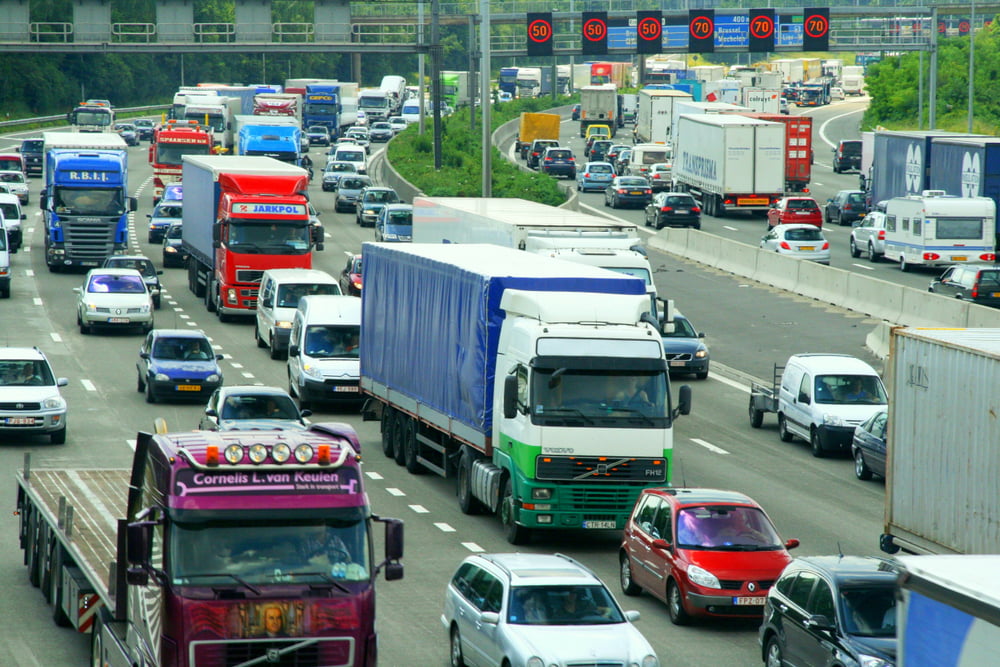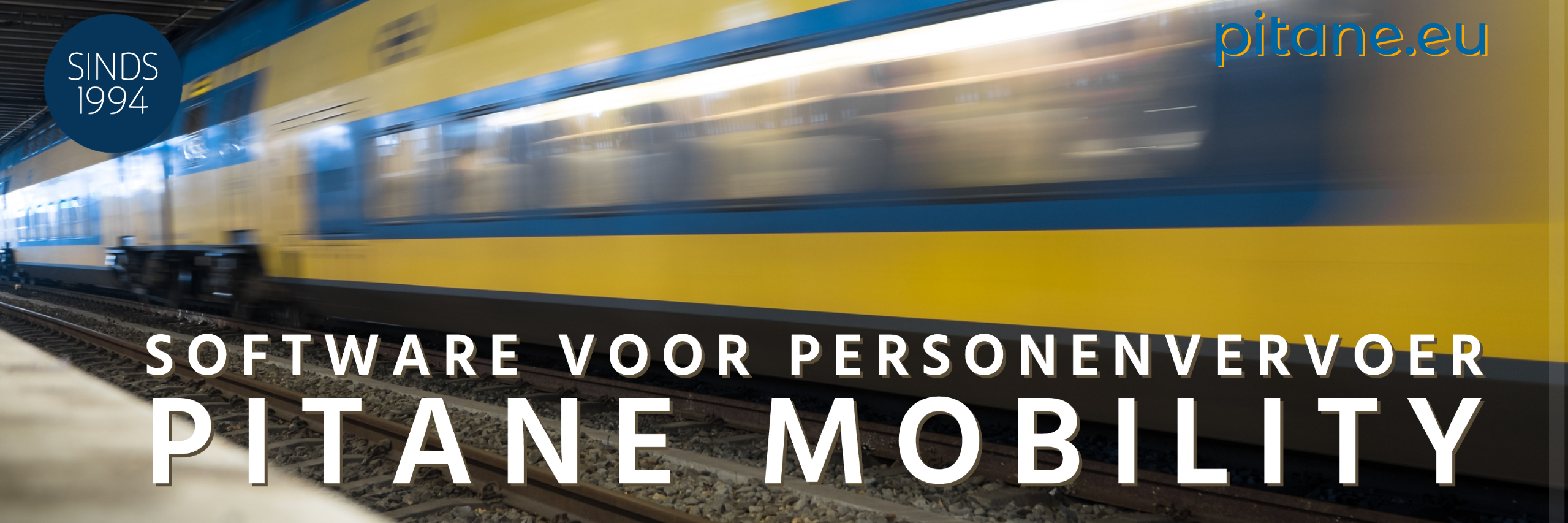The party also wants to invest in making mobility and self-driving taxis smart.
The VVD has presented its draft election manifesto for the coming elections. Mobility appears to be an important spearhead. Below is an analysis of the VVD's vision on mobility, in which the party tries to reform the sector in various ways. The VVD promises to keep mobility affordable by reducing excise duties on cars and curbing the costs of public transport. This emphasizes the importance that the party attaches to middle groups and entrepreneurs. The VVD sees the car and public transport as essential in the daily life of citizens and therefore promises not to compromise on their affordability.
The party also wants to invest in making mobility smart. She wants to use data to optimize traffic flows and prevent traffic jams. Moreover, the VVD supports innovations such as self-driving cars and self-driving taxis. The VVD has indicated that it wants to stimulate the transition to electric driving. To this end, they will, among other things, accelerate the rollout of the charging station network. The VVD emphasizes that they want to keep the financial burden for the average motorist as low as possible.
By presenting both public transport and driving as equal options, the VVD offers citizens freedom of choice. This is a positive step in recognizing that a 'one-size-fits-all' approach does not work for all Dutch people.

Nitrogen emissions appear to be a bottleneck in the construction of new infrastructure. The VVD wants to continue with already approved projects and make all preparations for new projects, so that they can start as soon as new 'nitrogen space' becomes available.
In the field of public transport, the VVD wants more competition on the railways and better connections with local transport. Attention is also being paid to adjusting timetables more quickly, for example in the event of changing passenger numbers. The VVD has a zero-tolerance policy when it comes to misconduct in traffic. Road safety is promoted by increasing the chance of being caught for offenders and adapting unsafe roads and intersections.
critical analysis
Although the VVD presents a detailed and comprehensive plan for mobility, there are some critical issues that require further research. The party promotes clean mobility and the switch to electric vehicles, but at the same time wants to reduce excise duties on cars. This double message may raise questions about the consistency of the policy. Lower excise taxes could encourage the use of fossil fuels, which contradicts the goal of cleaner driving.
The promise to reduce the costs of both public transport and driving raises questions about the financial feasibility of these plans. Ultimately, these costs have to come from somewhere, and it is unclear how the VVD wants to finance this without penalizing other sectors. The focus on data use to improve mobility can have implications for the privacy of citizens. Although the VVD claims that motorists will “control their own data,” it is not entirely clear how this will work in practice, given the complexity and potential security risks of data storage and use.
De VVD strives to see public transport and the car as equal options, but their proposals still seem to favor the car. This can create an uneven playing field and discourage the use of public transport, which is contrary to sustainability goals.

Nitrogen policy is mentioned, but there is no clear plan for how the party actually wants to reduce nitrogen emissions. The focus seems to be mainly on continuing with current projects as soon as there is 'new nitrogen space', but without a plan to create that space, it remains a vague promise.
Although the social function of public transport is discussed, little attention is paid to lower income groups and people who depend on public transport. The focus on affordability for the 'middle groups' and entrepreneurs may give the impression that the party is prioritizing these groups over others.
The VVD has an extensive plan that addresses various facets of mobility. However, upon closer inspection, there are several points that raise questions about the consistency, financial feasibility and broad applicability of their policy. It is essential that these issues are further explored and addressed to ensure a balanced and effective mobility policy.
positive signals
It is clear that the VVD is trying to provide a balanced and holistic approach to mobility. Here are some positive aspects of their plans worth considering. Despite some conflicting signals, the attention to sustainability and the promotion of electric driving is a welcome change. This shows that the party is aware of the environmental challenges we face and is actively looking for solutions.
The emphasis on technology to improve the transport system is a smart move that fits within a modernization agenda. If privacy concerns are properly addressed, this can lead to significant efficiency improvements. The VVD takes the economic aspects of mobility seriously and this will certainly be appreciated by middle-income earners and entrepreneurs. Reducing costs can contribute to overall economic vitality. As always, it is clear that the party invests in improving both public transport and road infrastructure. This will reduce travel time and make life easier for daily commuters.
Although there is no detailed plan yet, the nitrogen problem is recognized. This shows a willingness to tackle complex and sensitive issues, which is a step in the right direction. The VVD's mobility plans show promising signs of a balanced and progressive vision. Although there is room for improvement, the party is taking important steps in the field of sustainability, freedom of choice and modernization.



